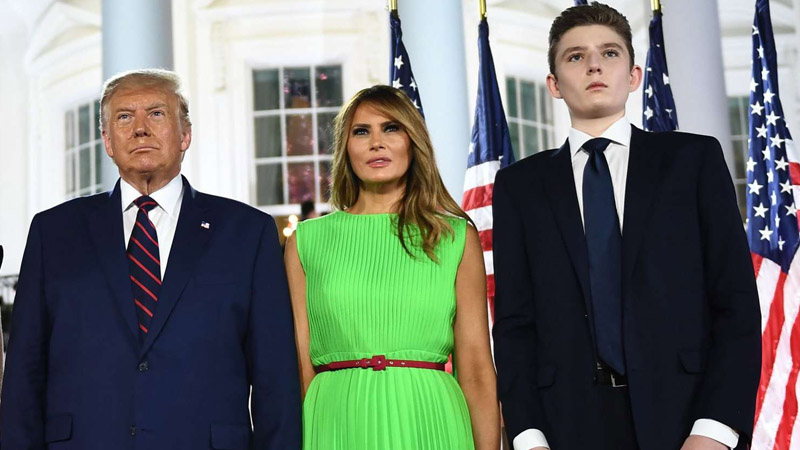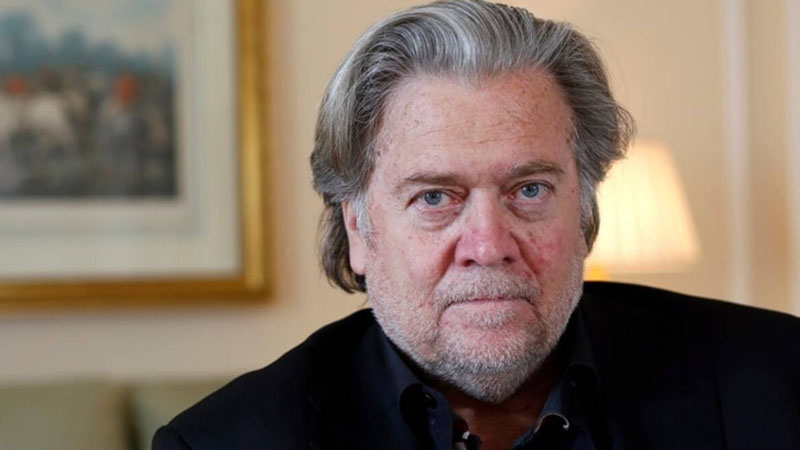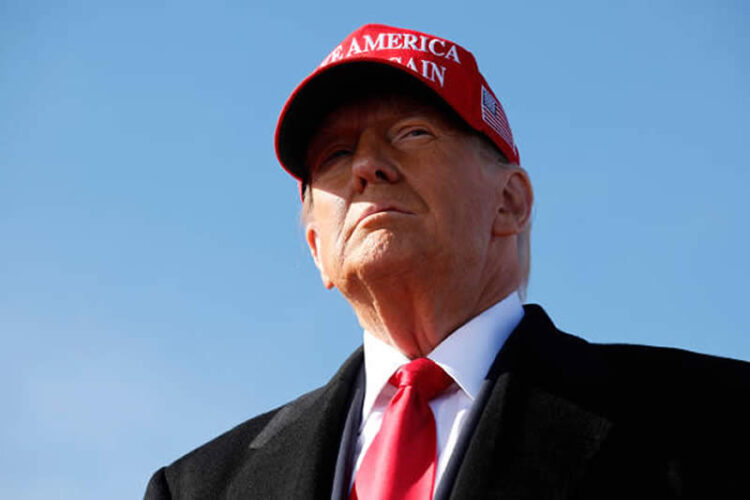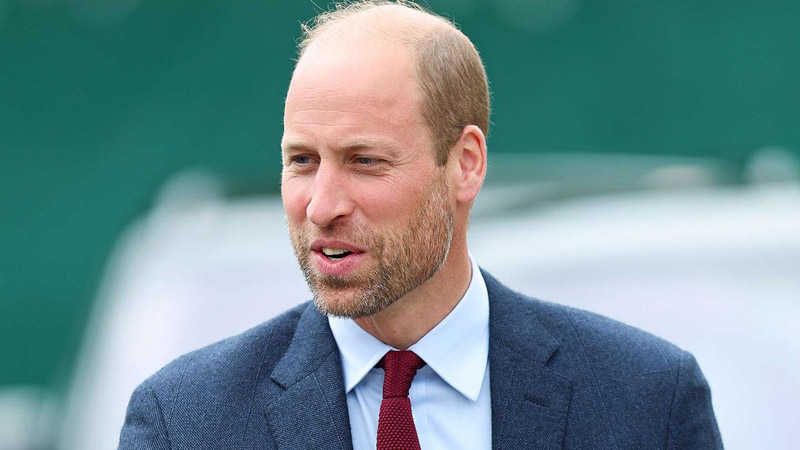“We Were Unanimous in Saying We Don’t Have Authority”: Pennsylvania GOP Electors Re-Emerge Amid Controversy

PHOTO: BRENDAN SMIALOWSKI/GETTY
Five Pennsylvania Republicans who previously served as part of an alternate slate of electors for Donald Trump in the 2020 presidential election are set to reprise their roles in the upcoming contest. William “Bill” Bachenberg, Bernadette Comfort, Ash Khare, Patricia Poprik, and Andrew Reilly have been named as electors on a list submitted by the GOP to the Pennsylvania Department of State.
These five electors, along with 15 others, garnered widespread criticism in December 2020 after they cast their votes for Trump despite Joe Biden’s victory in Pennsylvania’s popular vote. However, unlike similar groups of alternate or “fake” electors in other swing states, the Pennsylvania slate avoided legal consequences due to a caveat they included in their certificate. This caveat specified that their votes should only be counted if a court determined they were the “duly elected and qualified electors.”
Now, with the 2024 election approaching, three of these electors—Khare, Poprik, and Reilly—have indicated that they would consider taking similar actions if a legal dispute arises over the election results. “I honestly believe any electors for either party would do that,” Poprik stated, suggesting that the caveat they included in 2020 could be invoked again if necessary.
Pennsylvania, like most states, awards its presidential electors based on the popular vote. The winning candidate’s electors will convene on December 17 to cast their official votes. However, the participation of the 2020 alternate electors in this year’s election has reignited debates about election integrity and accountability.
Lindsey Miller, director of strategic research at Informing Democracy, expressed concern over the reappearance of these electors. “It is the voters who determine elections—not ‘fake electors’ who attempt to upend the results of a fair election,” Miller emphasized. “Those who participate in election fraud should be held accountable, not given another bite at the apple.”
In response to questions from Votebeat and Spotlight PA, Khare and Reilly defended their actions in 2020, reiterating that they had acted within the law by including the caveat in their certificate. “We were unanimous in saying we don’t have authority, so we made it contingent,” Reilly explained. He further stated that if a similar situation were to arise in 2024 and it was legally appropriate, he would not hesitate to cast a contingent vote again.
While Khare refrained from answering hypothetical questions, he did note that the circumstances in 2020 were unprecedented, describing them as “a mess.” He expressed doubt that a similar scenario would occur in 2024 due to increased awareness of election integrity issues.
Poprik also voiced her willingness to participate in an alternate slate again if legal uncertainties persisted, stating, “If the circumstances were the same and there were pending legal matters that had to be adjudicated, and you had to meet by that date, I would.”
As the 2024 election draws closer, the involvement of these controversial electors underscores ongoing concerns about the integrity of the electoral process. Miller urged the public to remain vigilant against efforts to spread misinformation and undermine the vote-counting process, stressing that “These efforts will fail. We remain committed to identifying any officials who may pose a threat to fair elections this November so that they may be monitored and held accountable for every step of the post-election process.”


